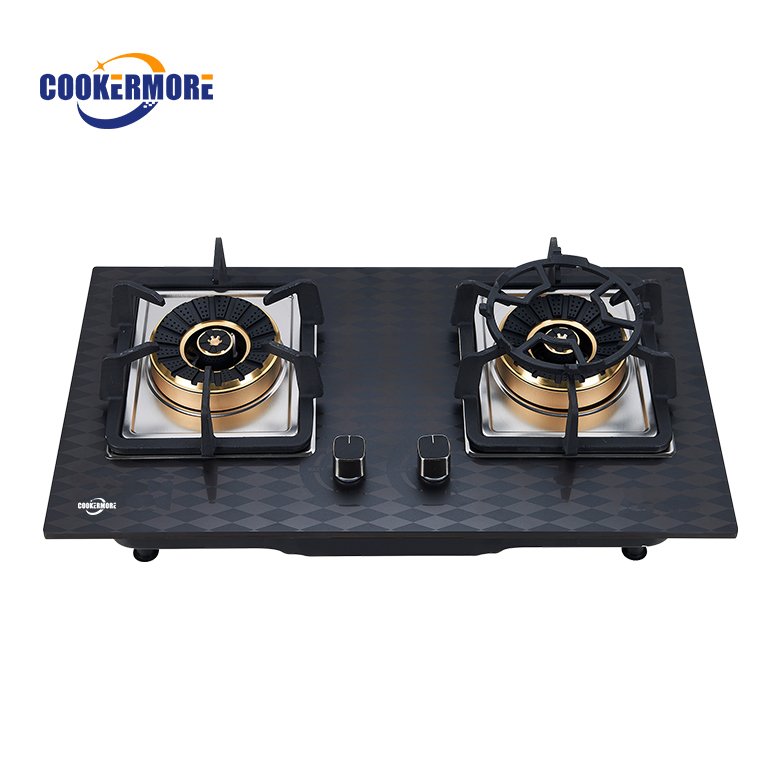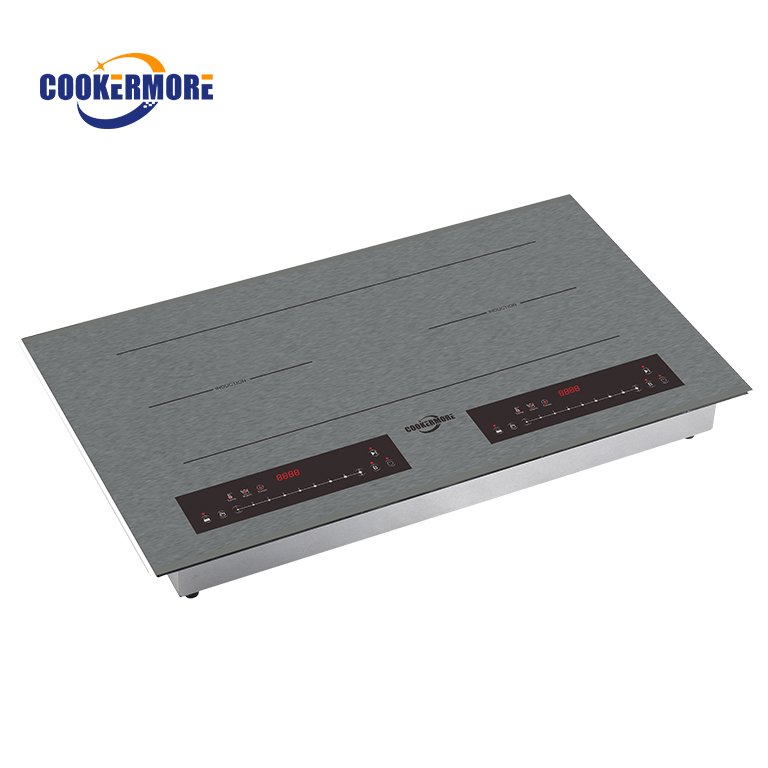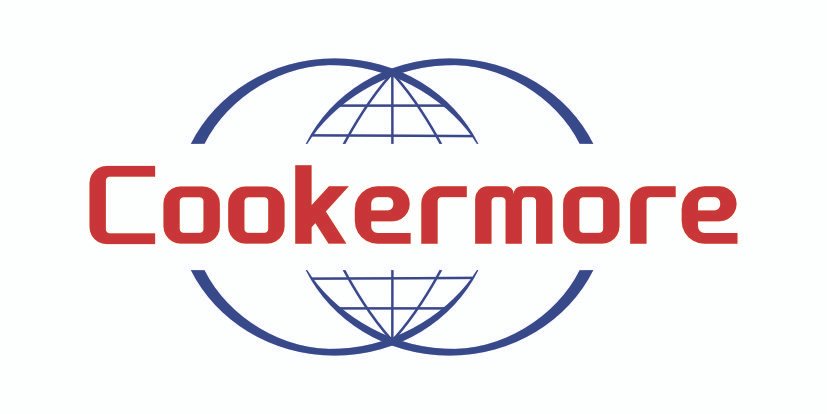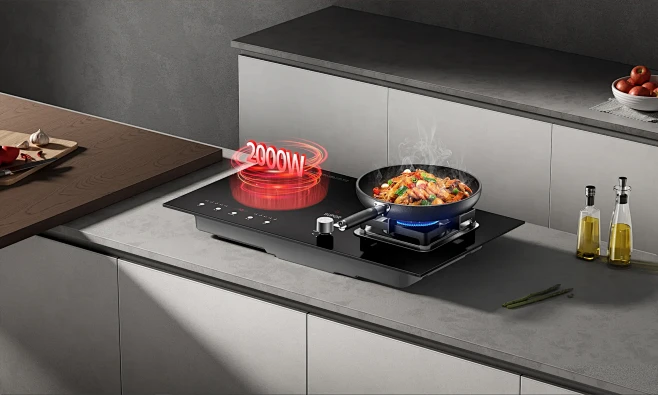A Comparative Analysis of Kitchen Warriors
In modern kitchens, gas stoves and induction hobs are two common cooking methods. Each approach has its own unique advantages and limitations.
Advantages of Gas Stoves:
Temperature Control: Gas stoves provide instant heat adjustment, ideal for cooking that requires precise temperature control.
Versatility: Suitable for a wide range of cookware, including woks and pressure cookers.
No Electricity Dependency: Can be used even during power outages.
Disadvantages of Gas Stoves:
Safety Risks: There is a risk of gas leakage, requiring regular checks and maintenance.
Cleaning and Maintenance: Can be more laborious to clean, prone to accumulating grease and food residue.
Heat Efficiency: Compared to induction cooker, gas stoves are less efficient in terms of heat transfer.
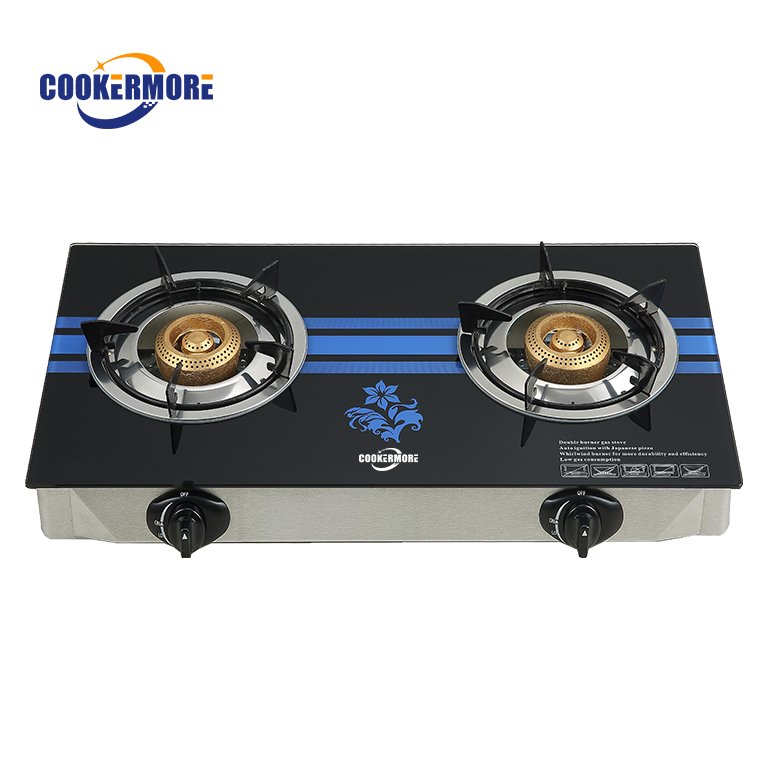
Advantages of Induction Cooker:
Energy Efficiency: Induction cooker are highly efficient in heating, providing quick heating.
Ease of Cleaning: Smooth surfaces are easy to clean and maintain.
Safety: The surface does not get overly hot, reducing the risk of burns.
Disadvantages of Induction Cooker:
Specific Cookware Requirement: Only compatible with ferromagnetic material cookware.
Dependence on Electricity: Cannot be used during power outages.
Temperature Control: For cooking methods that require fine heat adjustments, induction cooktops may not be as flexible as gas stoves.
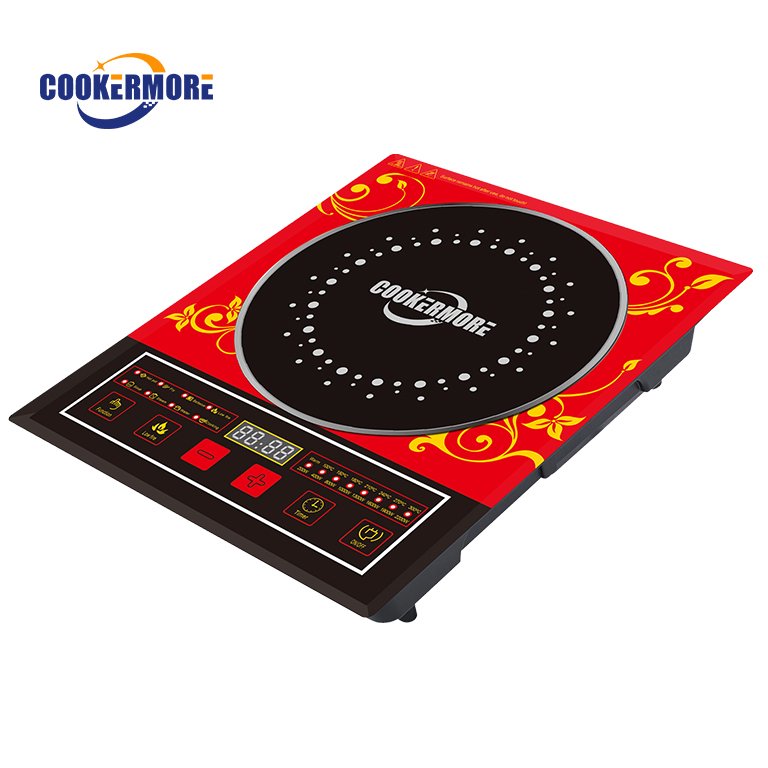
When choosing between a gas stove and an induction cooker, it’s important to consider your cooking habits, kitchen space, safety requirements, and budget. For those who prefer traditional cooking methods, require high temperatures, and instant heat adjustments, a gas stove might be a better choice. For those seeking efficiency, safety, and ease of cleaning in their cooking environment, an induction cooktop might be more suitable. Whatever your choice, the most important thing is to find an appliance that fits your cooking needs and lifestyle.
